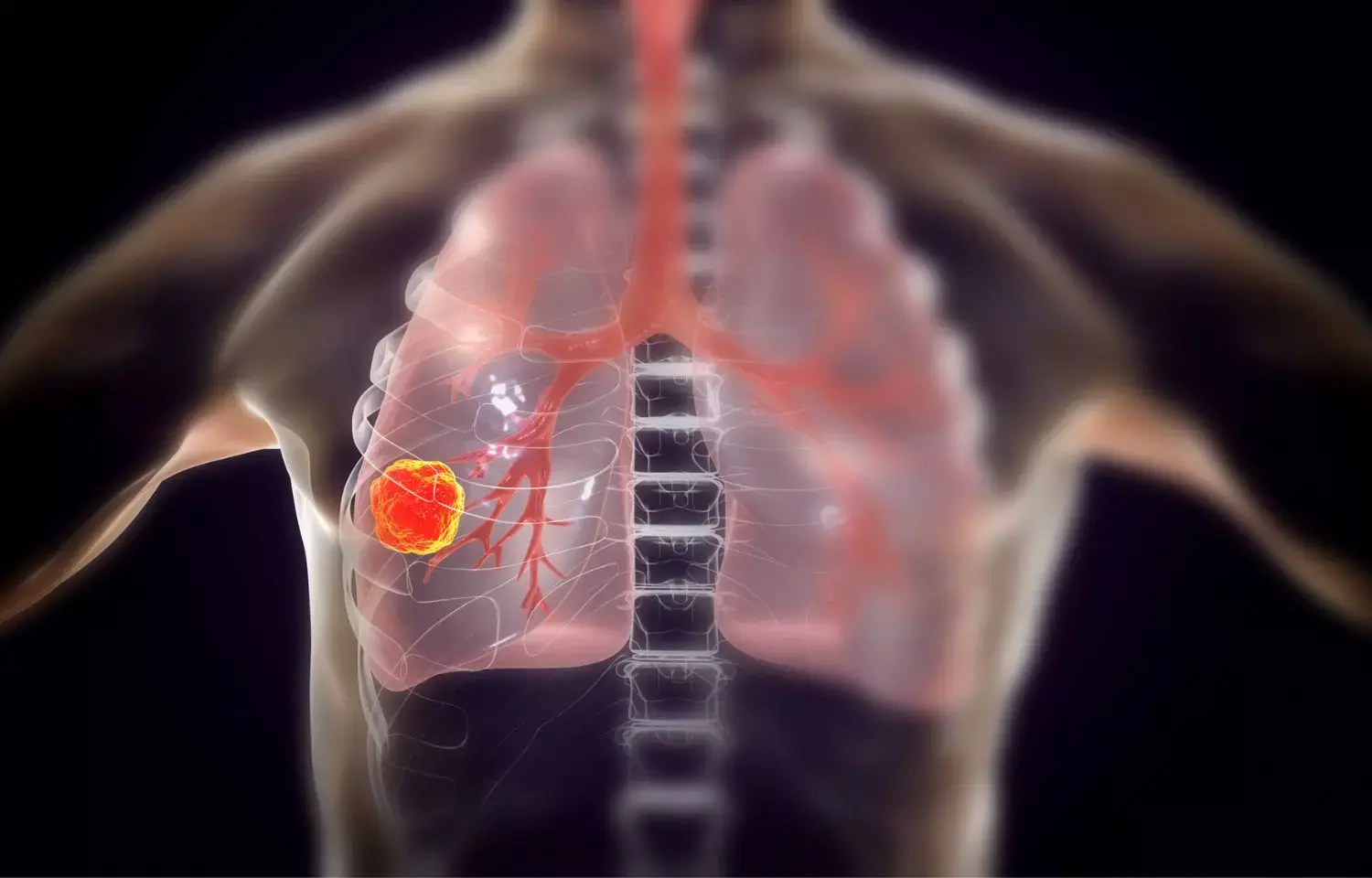- Home
- Medical news & Guidelines
- Anesthesiology
- Cardiology and CTVS
- Critical Care
- Dentistry
- Dermatology
- Diabetes and Endocrinology
- ENT
- Gastroenterology
- Medicine
- Nephrology
- Neurology
- Obstretics-Gynaecology
- Oncology
- Ophthalmology
- Orthopaedics
- Pediatrics-Neonatology
- Psychiatry
- Pulmonology
- Radiology
- Surgery
- Urology
- Laboratory Medicine
- Diet
- Nursing
- Paramedical
- Physiotherapy
- Health news
- Fact Check
- Bone Health Fact Check
- Brain Health Fact Check
- Cancer Related Fact Check
- Child Care Fact Check
- Dental and oral health fact check
- Diabetes and metabolic health fact check
- Diet and Nutrition Fact Check
- Eye and ENT Care Fact Check
- Fitness fact check
- Gut health fact check
- Heart health fact check
- Kidney health fact check
- Medical education fact check
- Men's health fact check
- Respiratory fact check
- Skin and hair care fact check
- Vaccine and Immunization fact check
- Women's health fact check
- AYUSH
- State News
- Andaman and Nicobar Islands
- Andhra Pradesh
- Arunachal Pradesh
- Assam
- Bihar
- Chandigarh
- Chattisgarh
- Dadra and Nagar Haveli
- Daman and Diu
- Delhi
- Goa
- Gujarat
- Haryana
- Himachal Pradesh
- Jammu & Kashmir
- Jharkhand
- Karnataka
- Kerala
- Ladakh
- Lakshadweep
- Madhya Pradesh
- Maharashtra
- Manipur
- Meghalaya
- Mizoram
- Nagaland
- Odisha
- Puducherry
- Punjab
- Rajasthan
- Sikkim
- Tamil Nadu
- Telangana
- Tripura
- Uttar Pradesh
- Uttrakhand
- West Bengal
- Medical Education
- Industry
Altered Sleep patterns by night shift and smoking associated with Lung cancer risk in women

France: Researchers from France found that altered sleep patterns due to the long duration of night shift work and tobacco smoking are associated with lung cancer in women. The study results were published in the International Journal of Environmental Research and Public Health.
Circadian rhythm is a natural internal process that regulates the sleep-wake cycle. Any disturbance in the rhythm due to night shift work and/or sleep disorders is associated with negative health outcomes including cancer. But unlike breast and prostate cancer there is limited data on the association of lung cancer with circadian rhythm. Hence Emilie Cordina-Duverger et al from France conducted a population-based case-control study called the WELCA study to explore the role of sleep disorders and night shift work in lung cancer risk among women from 2014-2017.
The WELCA study was carried out among women living in France's Île-de-France region. Participants who had given in-person interviews conducted by trained research nurses were enrolled in the study. There were 716 patients with lung cancer (n=716) and 758 control participants without lung cancer. The participant's relationships to sleep traits, night shift work, smoking status, and sleep disorder index (SDI) were noted.
The following were considered:
| Sleep traits |
|
| Sleep Duration |
|
| short sleep duration | <7 hours/day |
| normal sleep duration | 7-7.9 hours/day |
| long sleep duration | ≥8 hours/day |
| sleep chronotype | the natural inclination to sleep more in the morning or evening as compared with the neutral type, which is the normal referent |
| Night shift work, | the duration and the maximum frequency of night shift work. |
| Tobacco exposure |
|
The odds ratios (OR) and 95% confidence intervals (CI) associated with sleep duration per day, a summary index of sleep disorders, chronotype, and night shift work exposure metrics were measured using multivariable logistic regression models.
Findings:
• The OR was 1.39 (95% CI 1.04-1.86) in long sleepers (≥8 h) and 1.16 (95% CI 0.86-1.56) in short sleepers (<7 h) when compared to women with an average sleep duration of 7-7.9 h per day.
• Regardless of the duration of night work or the frequency of night shifts, lung cancer was not associated with the sleep disorder index, nor with night shift work.
• But an elevated OR associated with the sleep disorder index was found in the subgroup of current smokers.
• In women who worked at night for ≥5 years, a U-shaped association of lung cancer with sleep duration was more pronounced.
Thus, The WELCA study concluded that adverse risk of lung cancer was associated with long-term night workers and smokers among women, and also short sleepers (<7 h/day) and long-sleepers (≥8 h per day) were at an increased risk of lung cancer as compared to normal sleepers.
Further reading: Cordina-Duverger E, Uchai S, Tvardik N, et al. Sleep Traits, Night Shift Work and Lung Cancer Risk among Women: Results from a Population-Based Case-Control Study in France (The WELCA Study). Int J Environ Res Public Health. 2022;19(23):16246. Published 2022 Dec 4. doi: 10.3390/ijerph192316246
BDS, MDS
Dr.Niharika Harsha B (BDS,MDS) completed her BDS from Govt Dental College, Hyderabad and MDS from Dr.NTR University of health sciences(Now Kaloji Rao University). She has 4 years of private dental practice and worked for 2 years as Consultant Oral Radiologist at a Dental Imaging Centre in Hyderabad. She worked as Research Assistant and scientific writer in the development of Oral Anti cancer screening device with her seniors. She has a deep intriguing wish in writing highly engaging, captivating and informative medical content for a wider audience. She can be contacted at editorial@medicaldialogues.in.
Dr Kamal Kant Kohli-MBBS, DTCD- a chest specialist with more than 30 years of practice and a flair for writing clinical articles, Dr Kamal Kant Kohli joined Medical Dialogues as a Chief Editor of Medical News. Besides writing articles, as an editor, he proofreads and verifies all the medical content published on Medical Dialogues including those coming from journals, studies,medical conferences,guidelines etc. Email: drkohli@medicaldialogues.in. Contact no. 011-43720751




